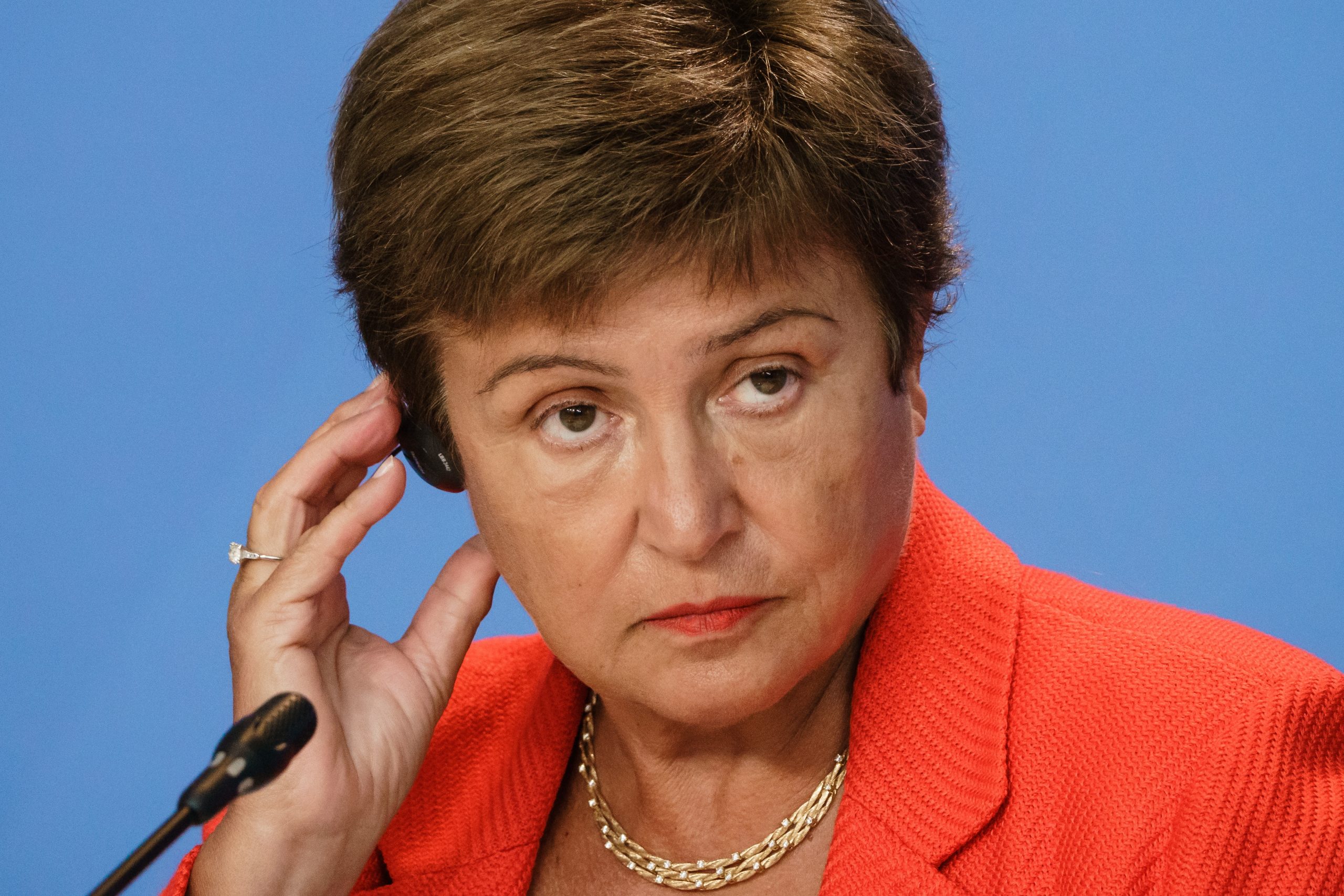The Managing Director of the International Monetary Fund (IMF), Karistalina Georgieva, in her latest essay, implications of rising debt and the urgent need for debt sustainability, pointed out that even if global financial safety is strengthened, some countries may deplete their buffers in the face of global economic shocks, leading to economic imbalances, higher fiscal deficits and mounting debts.
Georgieva disclosed this trend is particularly concerning for vulnerable emerging markets and low income countries driven by recent economic shocks, raising interest rates and government policy errors.
The IMF’s Managing Director further disclosed that around one quarter of emerging market countries’ bonds now trade at spreads indicative of financial distress.
The Managing Director, International Monetary Fund (IMF), continued that approximately 15 per cent of low income countries are already considered to be in debt distress, and another 40 per cent are at risk of falling into the said category.
The cost of a full blown debt crisis are most acutely felt by citizens in debtor countries, poverty level typically surge by 30 per cent on average after a country defaults on external obligations, Georgieva emphasised.
Georgieva continued that this elevated poverty persists for decade.
Infant mortality rates increased by an average of 13 per cent while expectancies for children decreased, the IMF disclosed.
She suggested that countries and international organisations should work together to prevent unsustainable debt accumulations and support orderly debt restructuring when necessary.
IMF’s Financial Director called on international institutions to help countries focus on economic reforms that promote growth, enhance budgetary spending effectiveness, improve tax collection and strengthen debt management.
‘Resolving debt crisis swiftly remains a challenge, the evolving creditor landscape, with the emergence of new official creditors like China, India and Saudi Arabia, as well as proliferation of private creditors complicates coordinated actions,’ she said.
Georgieva advocated for early information sharing between creditors and debtors, facilitated by institutional such as the International Monetary Fund, IMF.
She urged policymakers to reconsider their growing reliance on trade barriers as trade restrictions imposed by countries have surged in recent years from fewer than 1,000 in 2019 to nearly 3,000 in 2022.
She emphasised on the need for international cooperation to build economic resilience collectively as the risk of fragmentation are too high and it is the best interest of nations to work together to address the challenges that lie ahead.












